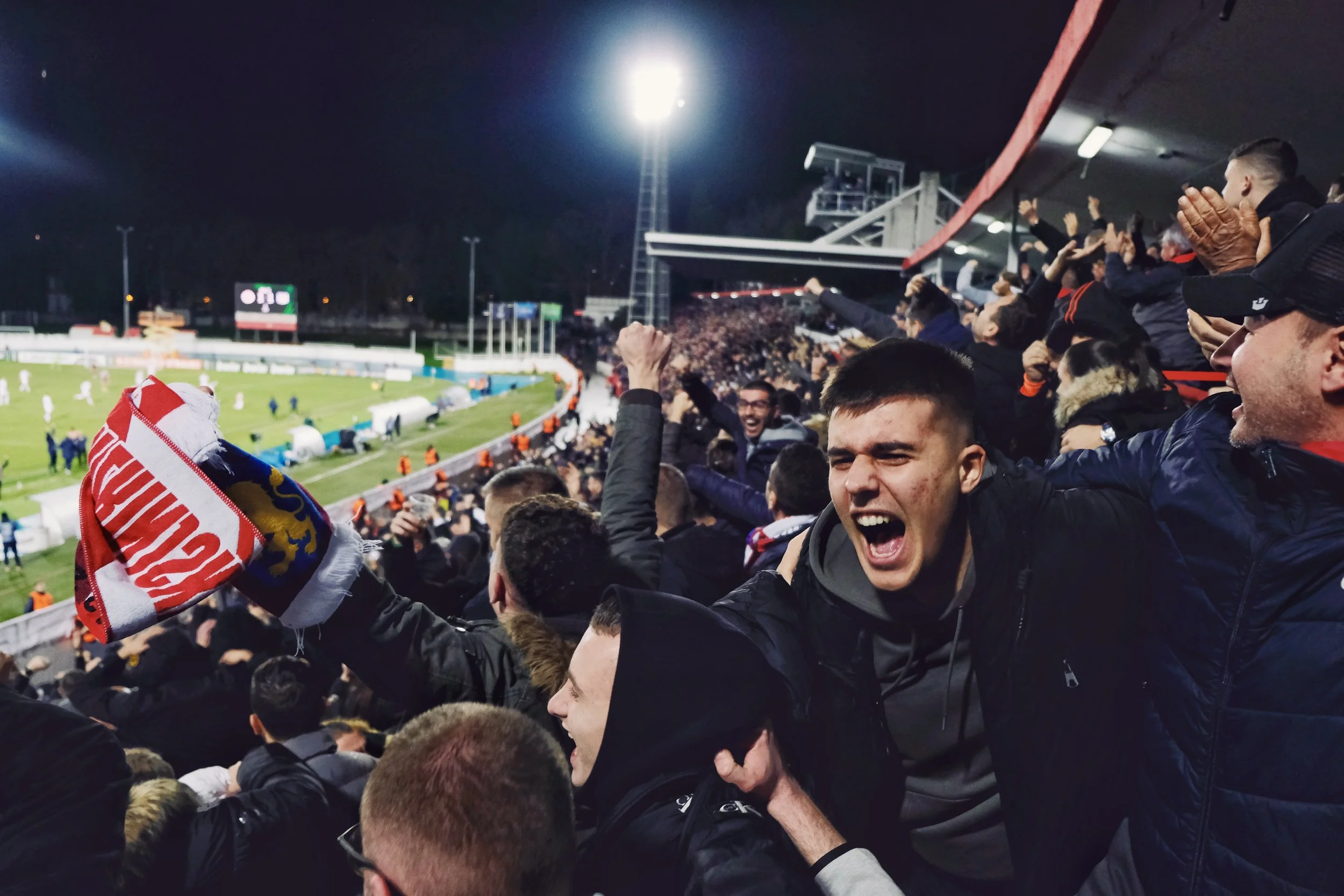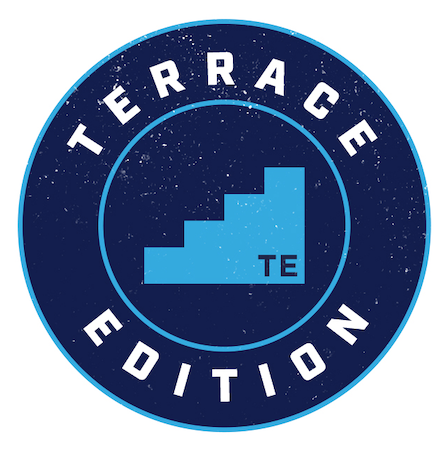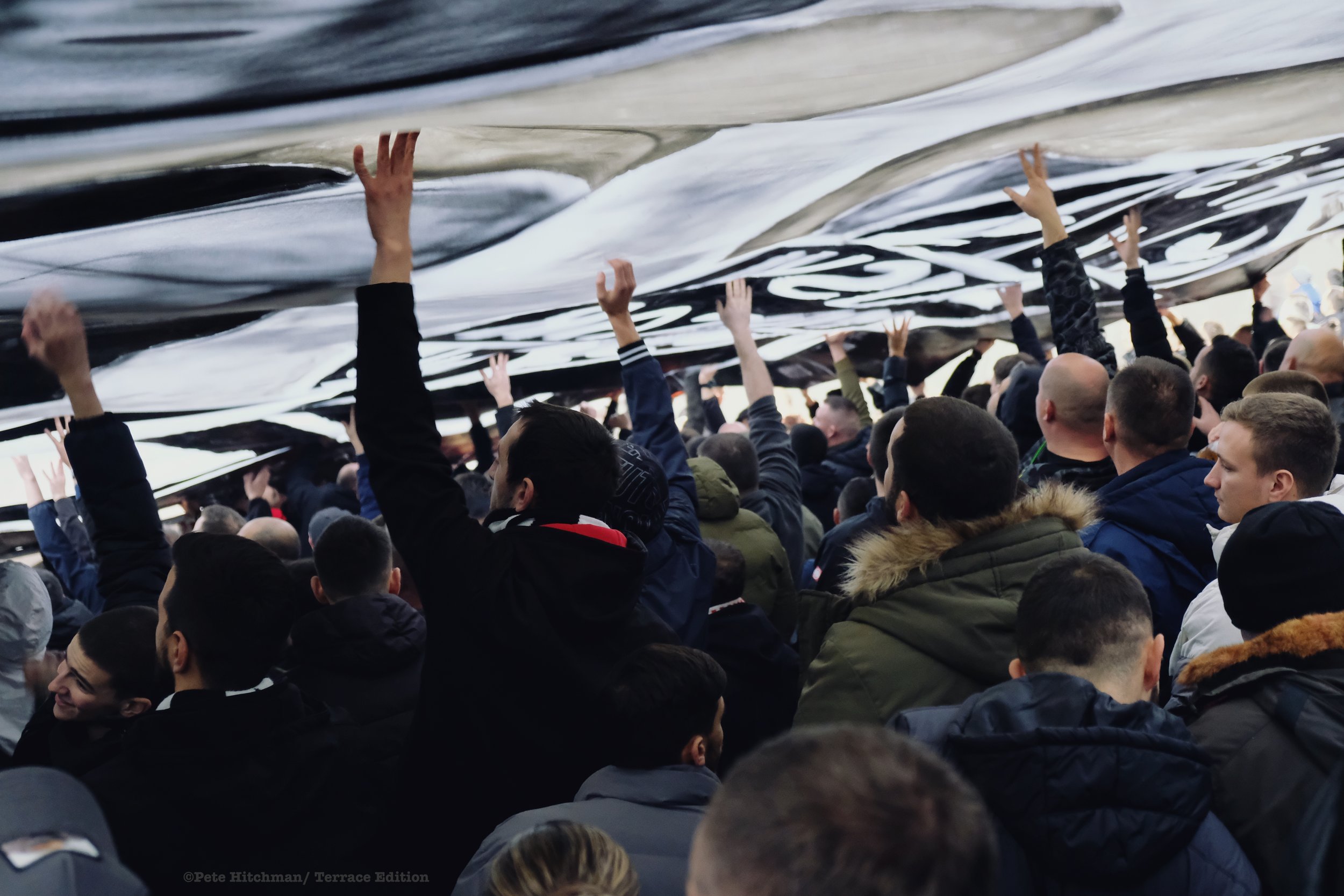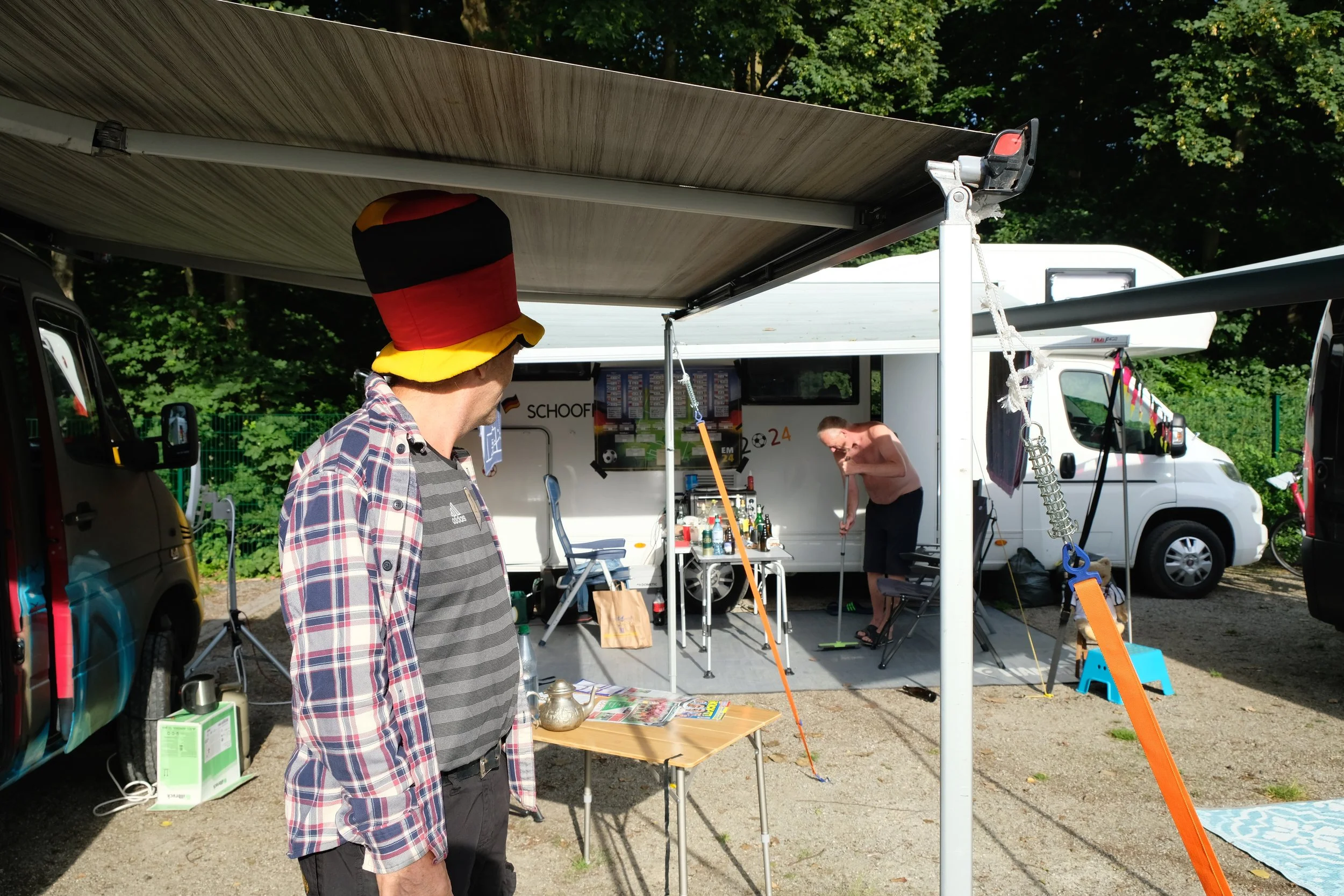Mostar soul

Words: Pete Hitchman
Images: Pete Hitchman
“This is the soul of football”, says my friend Blaško, as we drink in a pub just a few yards from the gates of Stadion pod Bijelim Brijegom, home of HŠK Zrinjski Mostar.
We’ve just watched Zrinjski draw 1-1 with my team Aston Villa in the Europa Conference League - one of the biggest results in the club’s history. Locals from the Croatian community in Mostar (and plenty more who travelled from Split) are in the street celebrating.
Inside the stadium, I had watched one man slump back in his seat in disbelief, hands on his head, when Matija Malekinusic equalised in the 87th minute.
Zrinjski are not a small club domestically. They’ve been champions a record eight times since 2000, when the Bosnia & Herzegovina Premier League included teams from Bosniak-ruled and Croat-ruled parts of the country for the first time.
In 2004 they had a young Luka Modric running the show, on loan from Dinamo Zagreb - the murals close to the stadium and signed shirts in the bar show how much he is still revered by the Zrinjski Mostar fans.
But despite their domestic pedigree, the gulf in quality - and in budget – compared with the English Premier League is not lost on these men.
The joke amongst Zrinjski supporters pre-match was that they’re in an elite group of clubs to have ‘only’ lost 1-0 to Villa this season - sharing that honour with Chelsea, Man City and Arsenal. “This is our Champions League” they say of the Europa Conference League.
It’s the first time a club from Bosnia and Herzegovina has made the group stages of any European competition.
I was in Mostar as a guest of four Zrinjski fans – Blaško, Igor, Danijel and Mara. We met by chance in a Birmingham pub when they travelled to England for the first tie and we spent the afternoon talking about football, travel, geopolitics and more before we all went to Villa Park.
Now, two months later, I joined them on the main tribune and I’ll be forever grateful for a football experience that not even Villa’s millions could buy.
That soul of football is everywhere.
It’s in the lyrics of the songs belted out with pride on the main tribune - one translates as ‘tonight we play Aston Villa, it’s a dream and I want this dream to last forever’.
It’s in the distinctive stone walls and hand-painted signs of the old, compact stadium. The contrast with UEFA’s slick Conference League branding is obvious to see.
It’s also in the eyes of the Zrinjski manager when he walks into the pub less than an hour after the game has finished. “Are you being treated well?” he asked me, after I was picked out from the crowd by locals to meet him.
This felt like a throwback to a game that England’s professional game left behind years ago. The game my dad still talks about. Where players are accessible to fans, without superstar status. Where the club and its fans are intrinsically linked within the local community, not chasing revenue from global markets.
I came away from Mostar with memories to last a lifetime and a new second team. Maybe I’m turning into my dad, but it’s no coincidence I also left with a new appetite for the non-league game in England.
©Pete Hitchman/ Terrace Edition. HŠK Zrinjski Mostar.
©Pete Hitchman/ Terrace Edition. HŠK Zrinjski Mostar.
©Pete Hitchman/ Terrace Edition. HŠK Zrinjski Mostar.
©Pete Hitchman/ Terrace Edition. HŠK Zrinjski Mostar.
©Pete Hitchman/ Terrace Edition. HŠK Zrinjski Mostar.
©Pete Hitchman/ Terrace Edition. HŠK Zrinjski Mostar.
©Pete Hitchman/ Terrace Edition. HŠK Zrinjski Mostar.
©Pete Hitchman/ Terrace Edition. HŠK Zrinjski Mostar.
©Pete Hitchman/ Terrace Edition. HŠK Zrinjski Mostar.
©Pete Hitchman/ Terrace Edition. HŠK Zrinjski Mostar.
©Pete Hitchman/ Terrace Edition. HŠK Zrinjski Mostar.
Pete is on X and Instagram: @_pete_hitchman_
















